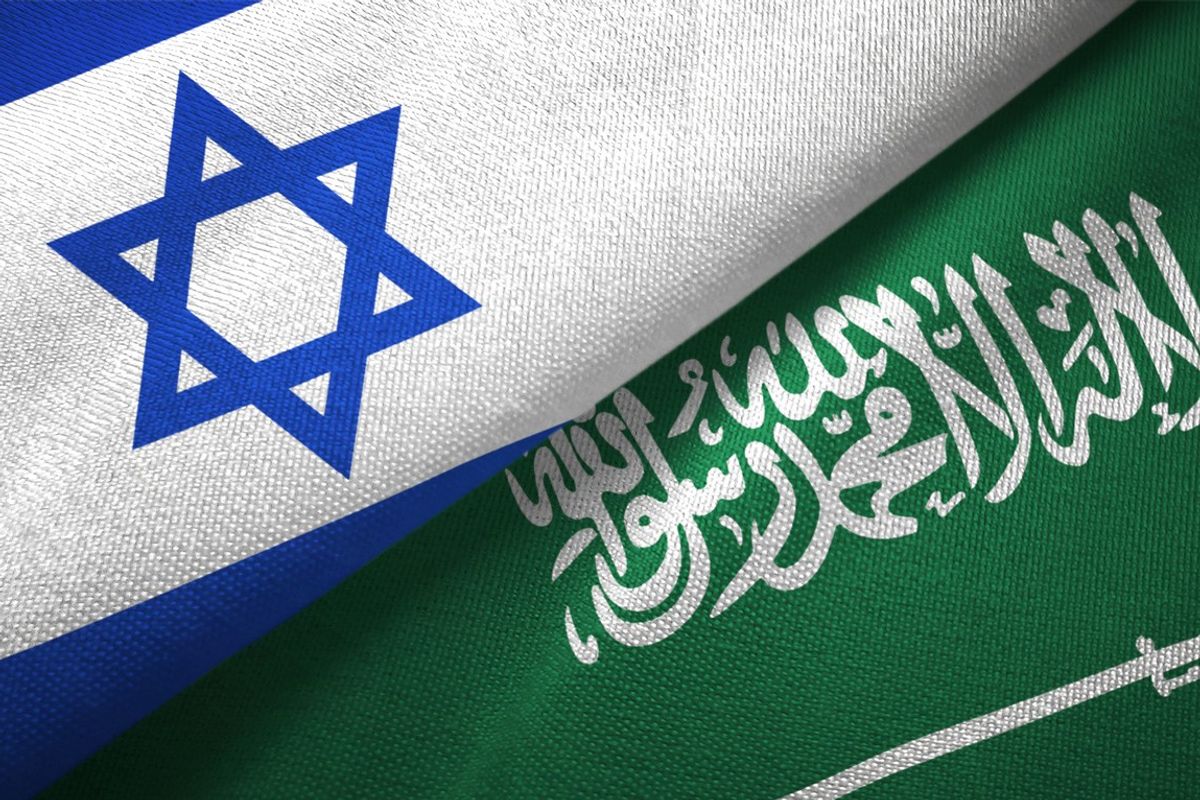Bottom Line Up Front
- The Trump administration is so firmly aligned with Saudi Arabia, even bipartisan measures in Congress to curtail U.S. arms sales to Riyadh have failed.
- The deployment of 500 American troops to Saudi Arabia is intended to demonstrate a united front against the prospect of growing Iranian aggression.
- The presence of U.S. troops on Saudi soil will once again become a rallying cry for al-Qaeda, with the terrorist group using the American presence in the 'Land of the Two Holy Mosques' in its propaganda.
- With its veto to rein in U.S. arms sales to Riyadh, the Trump administration has made clear that Saudi Arabia can continue pursuing the disastrous war in Yemen.
The Trump administration is so firmly aligned with the Saudi royal family that even rare bipartisan measures in Congress aimed at curtailing U.S. arms sales to Riyadh have failed. On July 29, the U.S. Senate was unable to muster the votes needed to override President Trump’s veto of several bills geared toward restricting U.S. arms sales to Saudi Arabia. Those arms sales have become increasingly controversial, at least in some quarters of Congress, as a result of Saudi Arabia’s reckless war in Yemen where American weapons have been used in airstrikes that have killed thousands of civilians, including children, and laid waste to schools, hospitals, and other civilian infrastructure. Additionally, the blatant assassination of U.S.-based journalist and prominent Saudi critic Jamal Khashoggi in the Saudi consulate in Istanbul on October 2018 has further strained Congressional relations with the Kingdom.
A sign of the close ties between the Trump administration and the de-facto ruler of Saudi Arabia, Crown Prince Mohammad bin Salman (MBS), can be seen in the recent announcement that the U.S. would send approximately 500 troops to Saudi Arabia. The move is intended to demonstrate a strong and united front against the prospect of growing Iranian aggression in the region and to signal to Tehran that Washington and Riyadh remain stalwart allies. The troops will be stationed at Prince Sultan airbase, a location that has historically hosted U.S. troops. In 2003, the U.S pulled out all its troops at the request of Riyadh, with the exception of those guarding the U.S. Embassy and some small training units. The presence of U.S. troops on Saudi soil became a rallying cry for al-Qaeda, with the terrorist group using the American presence in the 'Land of the Two Holy Mosques’ in its propaganda. Al-Qaeda argued that the deployment of foreign troops on Saudi soil was a sign of how weak and corrupt the Saudi ruling family had become.
Al-Qaeda remains a threat to the Kingdom, and its antipathy for the ruling family has not ebbed. Yet, the Saudi Arabia of 2019 is not the Saudi Arabia of 2003. The current government is even more authoritarian, with no room for dissent or even mild criticism. And while it is inevitable that al-Qaeda and other militants will seek to capitalize on the presence of American troops in Saudi Arabia in their propaganda, it is unclear how effective that will be inside the Kingdom itself. To the Saudi government, any criticism is tantamount to disloyalty. Nevertheless, persistent human rights violations and the suppression of legitimate political and social dissent will continue to bolster the recruitment narrative of al-Qaeda.
The return of U.S. troops to Saudi Arabia is part of both countries’ intense focus on countering Iran as part of a campaign of 'maximum pressure.’ With its recent veto of Congressional efforts to rein in U.S. arms sales to Riyadh, the Trump administration has made clear that MBS has carte blanche to continue pursuing his dangerous foreign policy, especially the disastrous war in Yemen. Reports from a Congressional investigation into backers of President Trump seeking to build numerous nuclear power plants in Saudi Arabia further highlight the murky financial ties that associates of the President have with Riyadh. President Trump has said that arms sales to Riyadh would continue because he views them as a net positive for the profit margins of U.S. defense firms, while simultaneously serving the purpose of preventing Saudi Arabia from buying weapons from another country.










